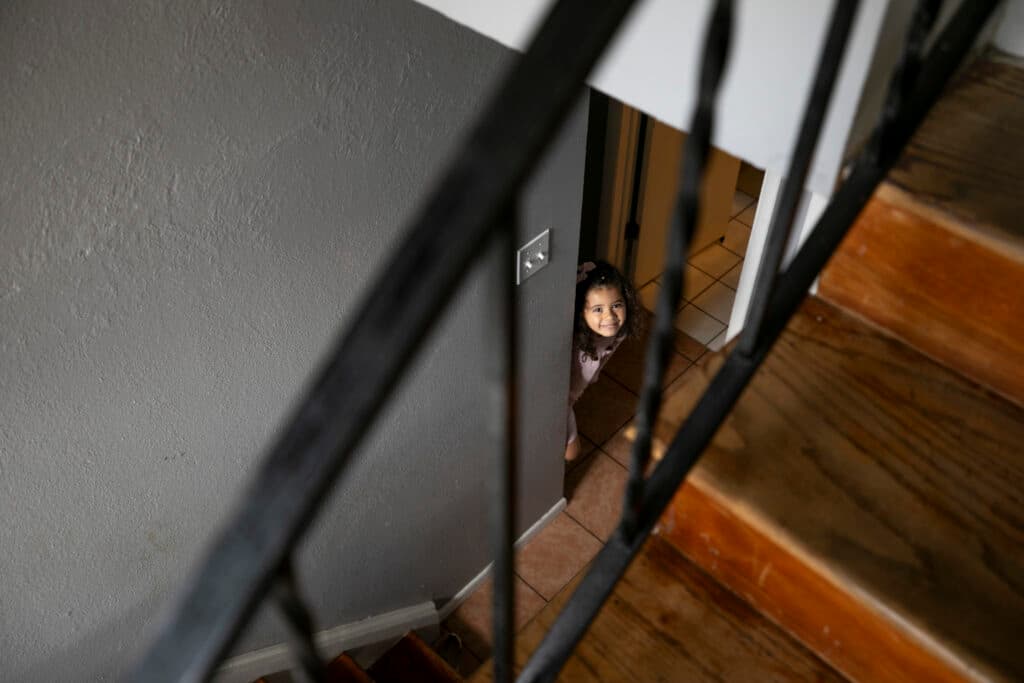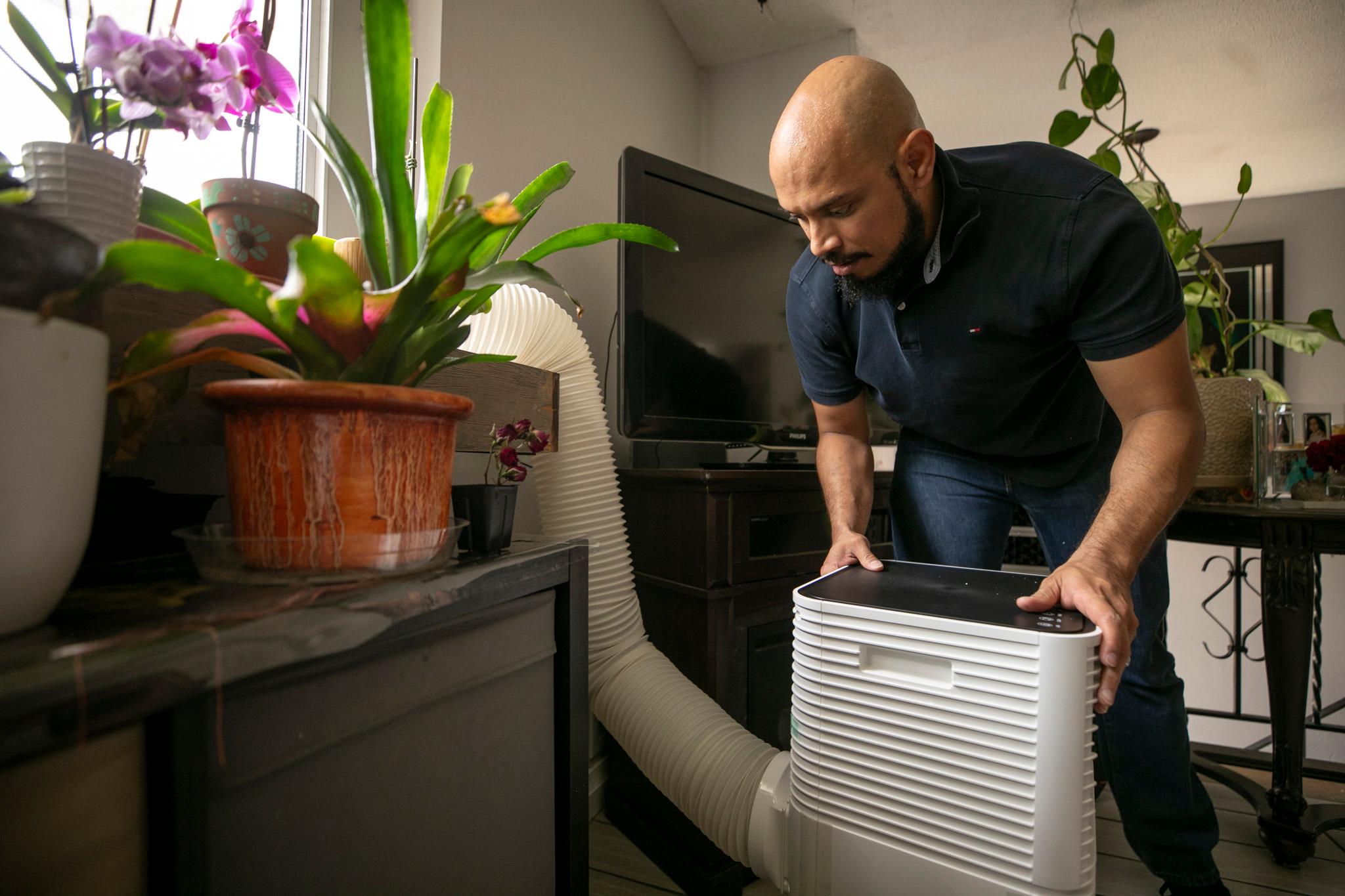Diego Garcia loves his house in Montbello, but it’s been missing something: air conditioning.
Like many aging homes in Denver, it was built for the cooler climate of the 1970s — leaving the Garcias to sweat through the summers of the 2020s, hoping for relief from fans and open windows.
All that changed last week. Garcia and his family were among hundreds of expected beneficiaries of a new city pilot program to install air conditioning in neighborhoods vulnerable to extreme heat.
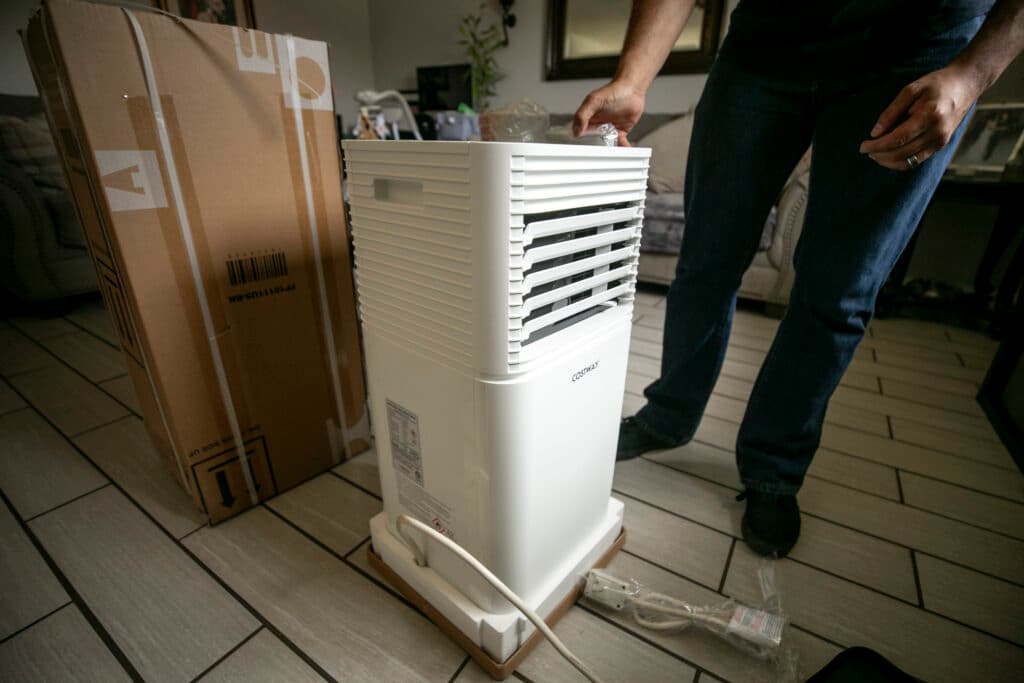
He said they’d use the newfound cooling to spend more time indoors — but not just to sit around and watch TV.
“The idea is enjoy with the kids, learning and [teaching] about our lifestyle,” said Garcia, who’s lived in the place for four years.
Several local nonprofits have received money from the city to install air conditioning across the city.
A small crew came to Garcia’s house to install the AC unit and run him through the basics.
The installation was simple — it took 30 minutes for Carlos Herrera, the chief program officer for the nonprofit Colorado Changemakers Collective, to set up the portable AC unit and teach Garcia how to use it.
Colorado Changemakers Collective is one of five local nonprofits to receive mini-grants from the city to set up air conditioning and air purifiers in seven different Denver neighborhoods.

Herrera said he’s seen strong emotional reactions on the job.
“We've had a community member come in and even they were shedding tears of happiness because they've suffered for so long in this extreme heat,” he said.
About 30 percent of Denver households lack cooling. While Denver’s grant will install hundreds of air conditioners for vulnerable populations, it will only account for a fraction of homes that desperately need air conditioning.
City-employed climate scientists are expecting another hot summer in Denver.
Denver, like much of the rest of the world, used to be cooler in the summer, which meant many homes weren’t originally built with air conditioning. But temperatures have been steadily increasing — four of Denver’s five hottest summers on record have been in the past five years.
Last year, the city hosted several “heat summits” to brainstorm ideas for combating rising heat in Denver.
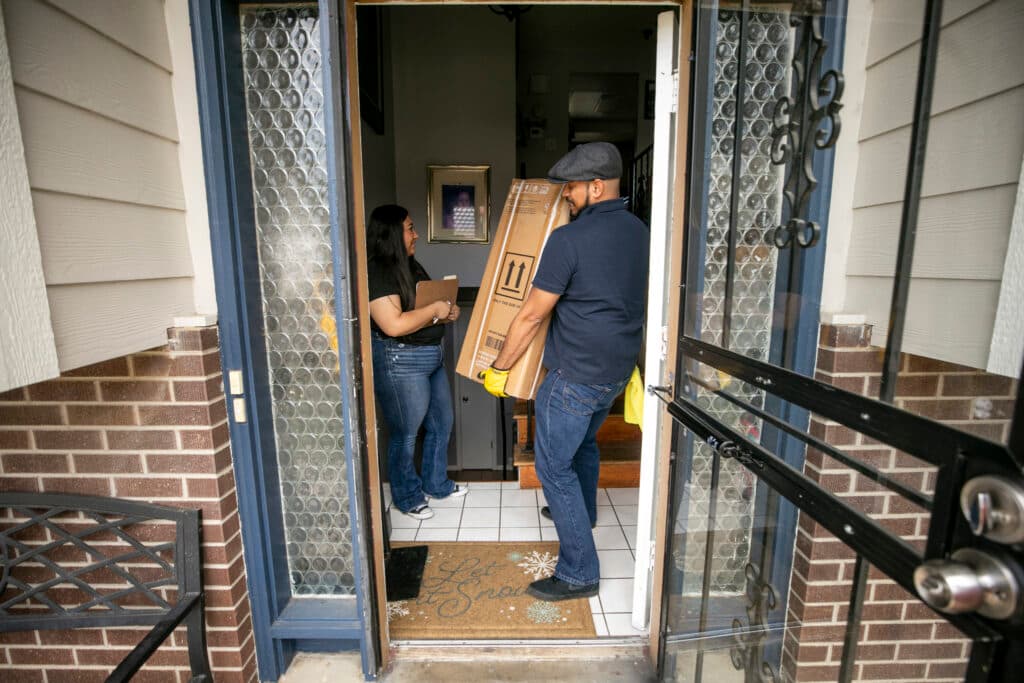
The city identified several strategies after the summits. The air conditioning program was the first to launch, with $250,000 in funding.
Crews have installed dozens of units in recent weeks. In all, the program is expected to deploy about 200 air conditioners and about 575 air purifiers before it wraps up later this year — averaging out to about $320 per installed unit.
Nonprofits that received the city’s grants, like Colorado Changemakers Collective, are in charge of identifying which households will receive the improvements.
Later, the city will study the impact of the program and decide whether to continue it. But there could be an obstacle.
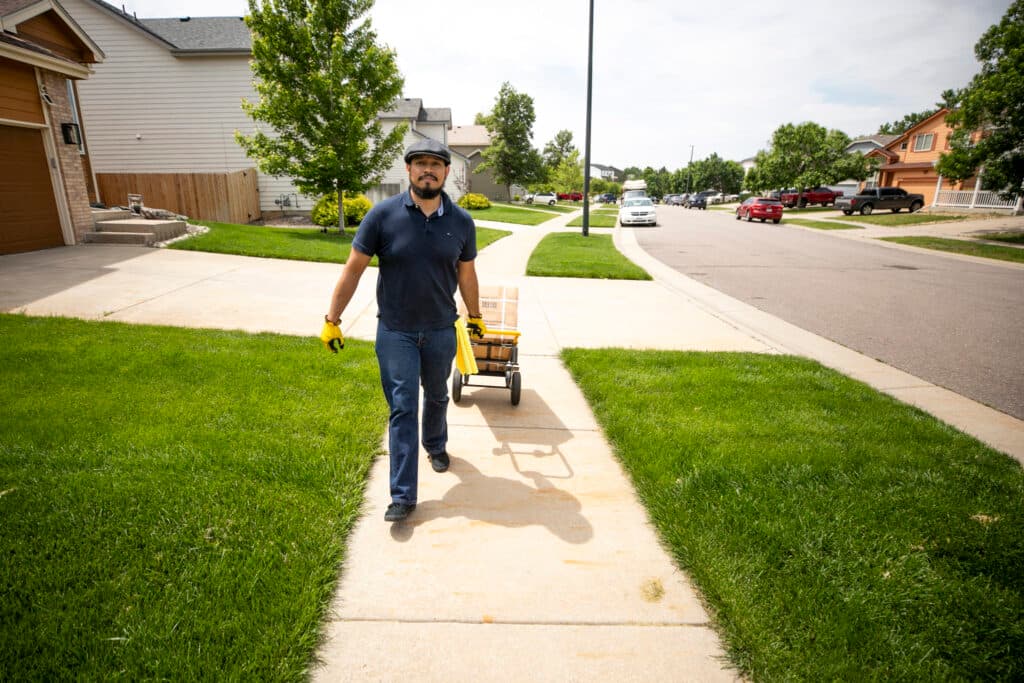
“We're really hoping for that, but we're navigating right now uncertainties around the budget and budget deficit,” said Jahan Taganova, a climate resiliency specialist for the Denver’s Office of Climate Action, Sustainability & Resiliency
The city faces a $250 million budget deficit for this year and next year, which will likely result in layoffs and furloughs, as well as the reduction or elimination of programs. Mayor Mike Johnston said he will prioritize core services that residents need, but even those will be strained.
However, Denver’s climate office may be shielded from the cuts. City voters approved a 0.25 percent sales tax increase in 2020 to fund the climate protection fund. The tax generates an estimated $40 million a year for projects that address climate change.
Temperatures are set to rise above 90 degrees later this week. While families like the Garcias will be more prepared for high temperatures, thousands more are preparing for another sweltering summer.
